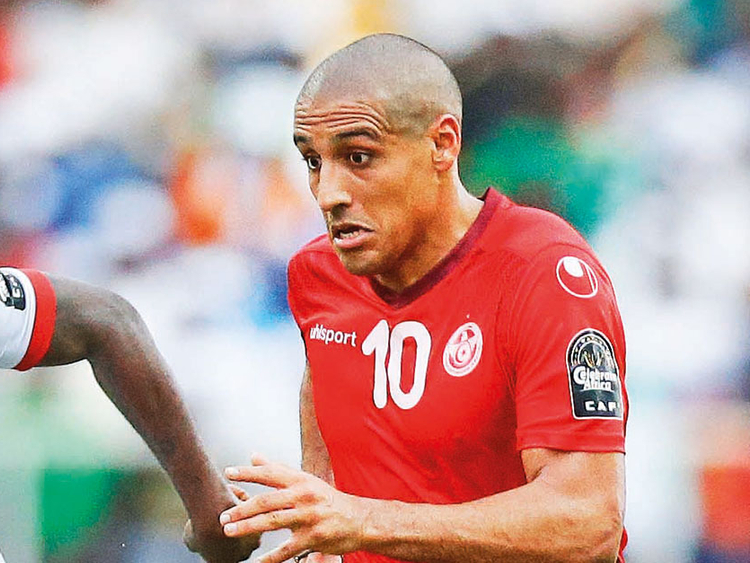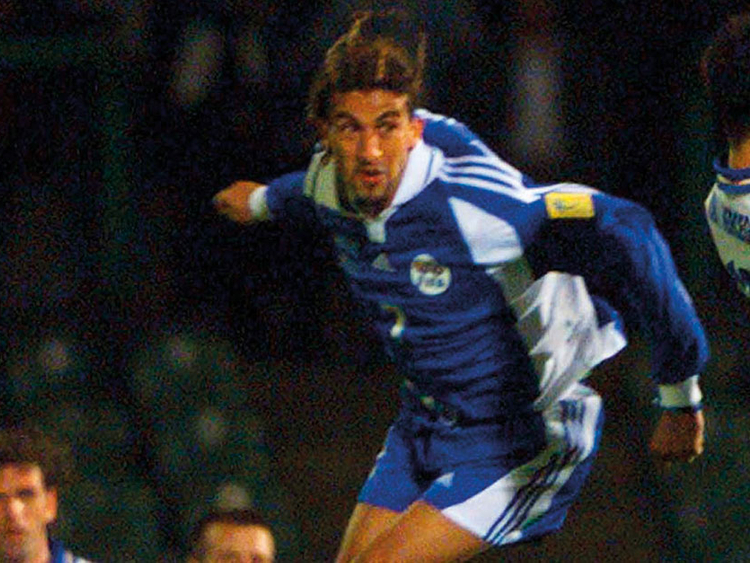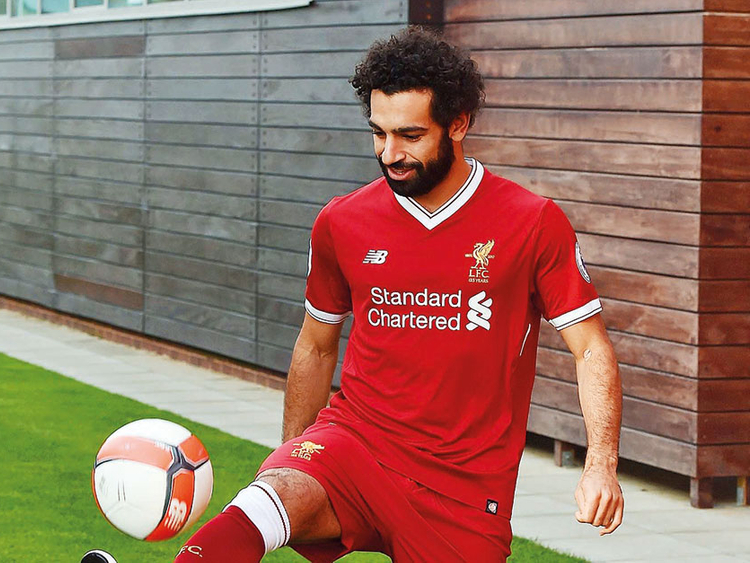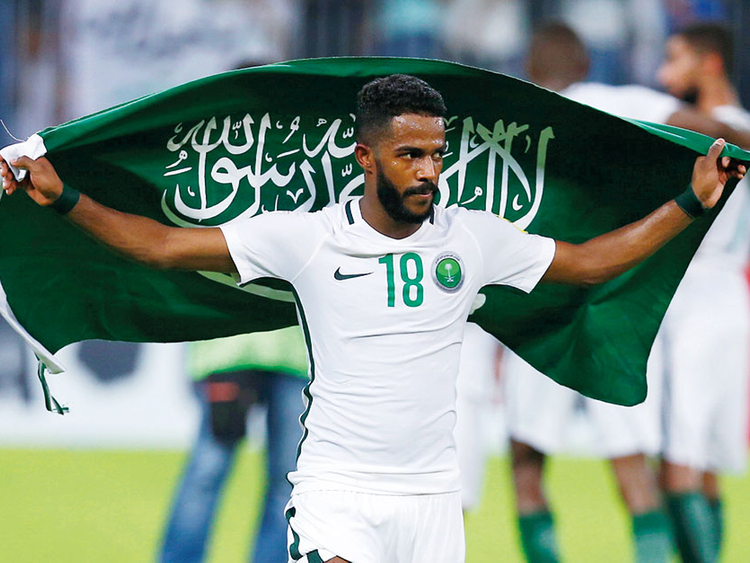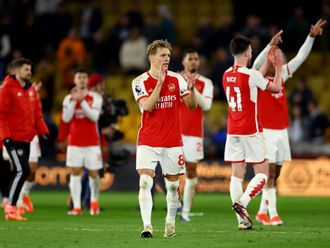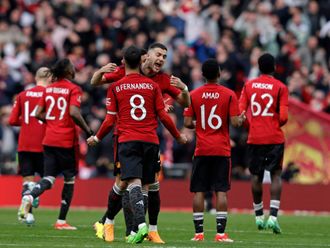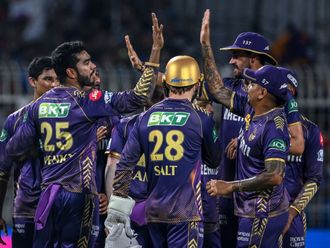Saudi Arabia
Nawaf Al Abid is a proven performer and at 27, is a self-confessed man whom Saudi Arabia look to in pressure cooker situations. Their man for the spot kick will be a handy one at the World Cup in Russia where millions will be watching. Added to that is his versatility where the Al Hilal frontman can double up as a winger and striker. Abid holds the record for the fastest goal in professional football history with his effort from the halfway line in a domestic match under two seconds in 2009. Considering that, he is a late bloomer on the international stage with his Saudi Arabia debut at the 2014 Gulf Cup of Nations where he was a nemesis especially for the UAE since, denying the Emirates in the semi-finals with a late winner in that tournament. Nawaf has grown into a vital cog in the wheel and will be looking to embellish his reputation further.
Egypt
So much has been said about Mohammad Salah, and accolades and stats have refused to stop flowing since the Egyptian moved from Italy and return to England. When Liverpool broke their bank to secure the winger’s services, Premier League fans were sceptical for the Chelsea flop despite his renaissance at Fiorentina and then Roma. Salah, with practically no right foot, makes up with his speedy movement and quick thinking in the box. His red-hot form, coinciding with defender Ahmad Hegazi’s early impressions at West Bromwich Albion, has been instrumental in Pharoahs’ fans hoping for more on Egypt’s World Cup appearance on the Finals stage in 28 years. Salah, meanwhile, is fast achieving cult status with a school in his hometown of Basyoun renaming itself in his honour. Egypt were early to qualify last month with a last-gasp 2-1 win over Congo. The match-winner? Salah, of course.
Morocco
Morocco’s fortunes took a sharp upswing since the arrival of Africa Cup of Nations-winning coach Herve Renard who took over the team in troubled times in February of2016. The aggressive-minded Renard has not shied from chopping and changing his team which can now switch between formations at the drop of a hat. Assisted by the national hero Mustapha Hadji, the coach has settled on a 4-2-3 or 4-3-3 system. To make his job easier is the availability of an array of players who were born outside the country and play for big clubs. That starts from the captain and defender Medhi Benatia (Juventus) with Munir Mohamedi well-settled in the goal. Morocco have big names such as Sofiane Boufal (Southampton) and Achraf Hakimi (Real Madrid) but the man who brings in the all-important flexibility is Al Azira bulwark Mbark Boussafa, who sits in front of the defence but can be an attacking midfielder as well. He is energetic and technically very sound.
Tunisia
Unbeaten Tunisia, who have been to four previous World Cup finals and were the first African country to win a game at the finals in 1978, qualified with a goalless draw against Libya. They topped the group but were denied by their bottom-table rivals can blow hot and cold quickly. That is reflected in the strike force. Although Wahbi Khazri is the most prominent name and chose to play for his home country when France was an option, the Sunderland man, on loan to Rennes, can be a frustrating pick with his attitude being questioned. The in-form forward that Tunisia will be pinning hopes is Youssef Msakni. His hat-trick against Guinea proved to be the difference in beating Congo DR to the top group spot in qualifying. Msakni forms the more cohesible option with Tunisia’s preferred midfield trio option and is more grounded than Khazri.


